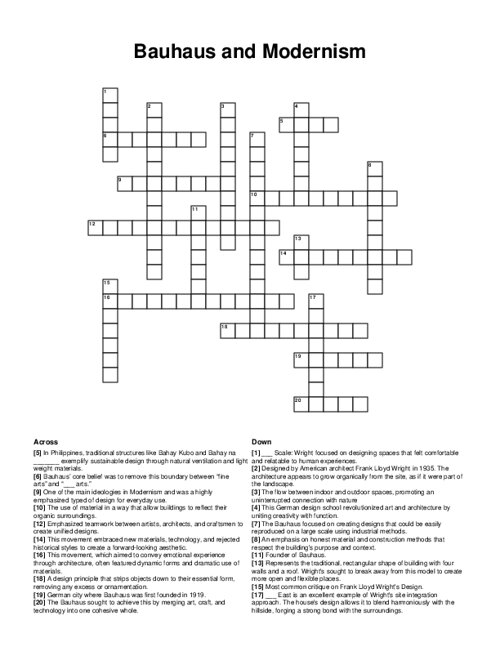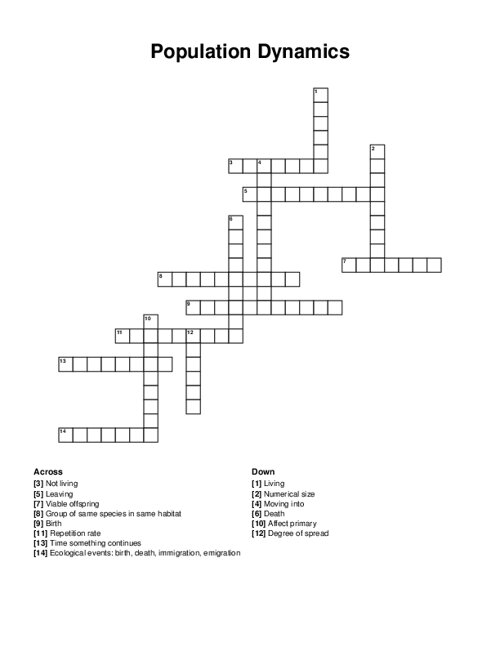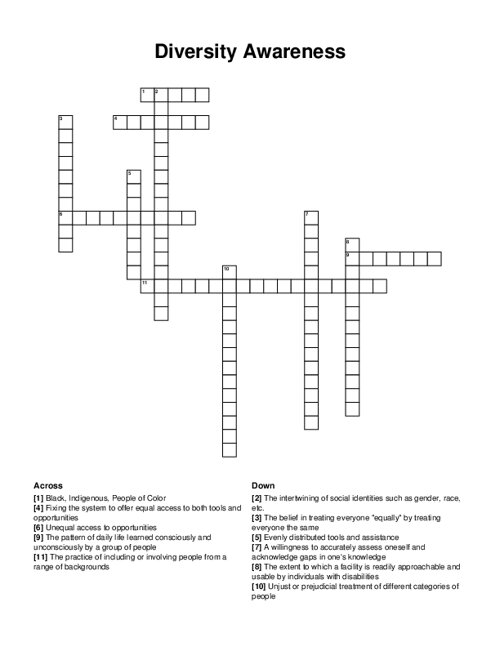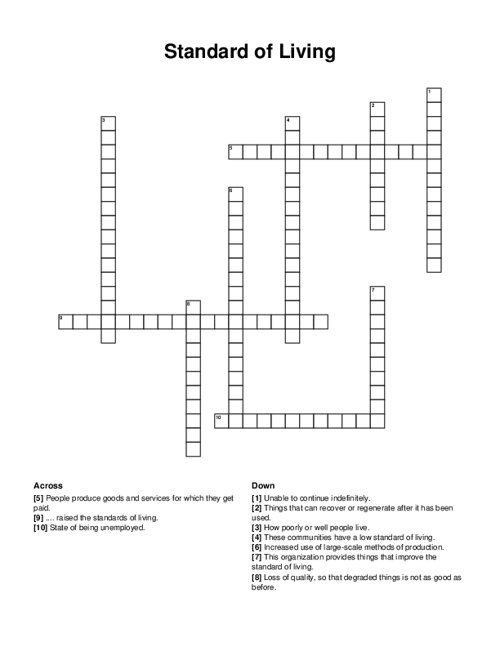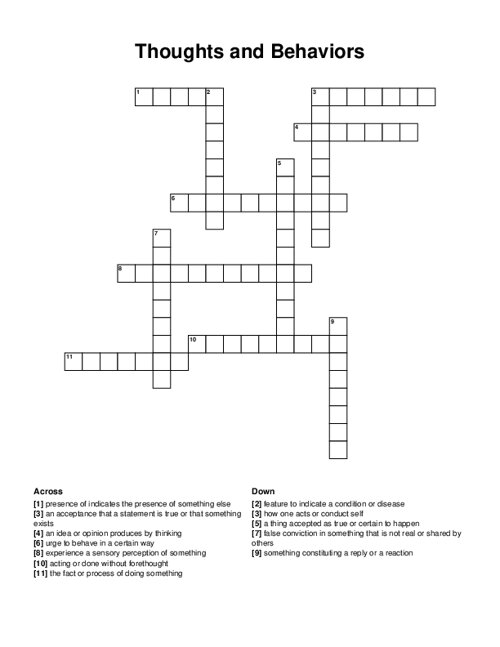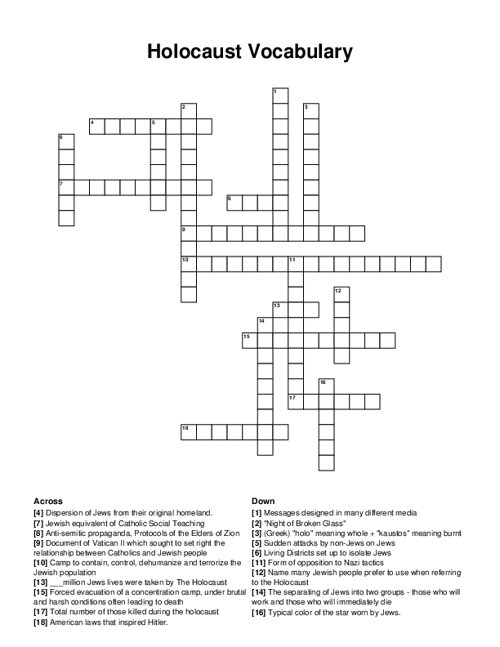Bauhaus and Modernism Crossword Puzzle
Download and print this Bauhaus and Modernism crossword puzzle.
Browse all Society / Culture Puzzles
QUESTIONS LIST:
- bato: in philippines, traditional structures like bahay kubo and bahay na _ exemplify sustainable design through natural ventilation and light weight materials.
- box: represents the traditional, rectangular shape of building with four walls and a roof. wright's sought to break away from this model to create more open and flexible places.
- leakage: most common critique on frank lloyd wright's design.
- expressionism: this movement, which aimed to convey emotional experience through architecture, often featured dynamic forms and dramatic use of materials.
- integrity: an emphasis on honest material and construction methods that respect the building's purpose and context.
- falling water: designed by american architect frank lloyd wright in 1935. the architecture appears to grow organically from the site, as if it were part of the landscape.
- continuity: the flow between indoor and outdoor spaces, promoting an uninterrupted connection with nature
- plasticity: the use of material in a way that allow buildings to reflect their organic surroundings.
- weimar: german city where bauhaus was first founded in 1919.
- unity: the bauhaus sought to achieve this by merging art, craft, and technology into one cohesive whole.
- function: one of the main ideologies in modernism and was a highly emphasized typed of design for everyday use.
- gropius: founder of bauhaus.
- modernism: this movement embraced new materials, technology, and rejected historical styles to create a forward-looking aesthetic.
- mass production: the bauhaus focused on creating designs that could be easily reproduced on a large scale using industrial methods.
- applied: bauhaus’ core belief was to remove this boundary between “fine arts” and “ _ arts.”
- bauhaus: this german design school revolutionized art and architecture by uniting creativity with function.
- collaboration: emphasized teamwork between artists, architects, and craftsmen to create unified designs.
- minimalism: a design principle that strips objects down to their essential form, removing any excess or ornamentation.
- taliesin: _ east is an excellent example of wright's site integration approach. the house's design allows it to blend harmoniously with the hillside, forging a strong bond with the surroundings.
- human: _ scale: wright focused on designing spaces that felt comfortable and relatable to human experiences.
